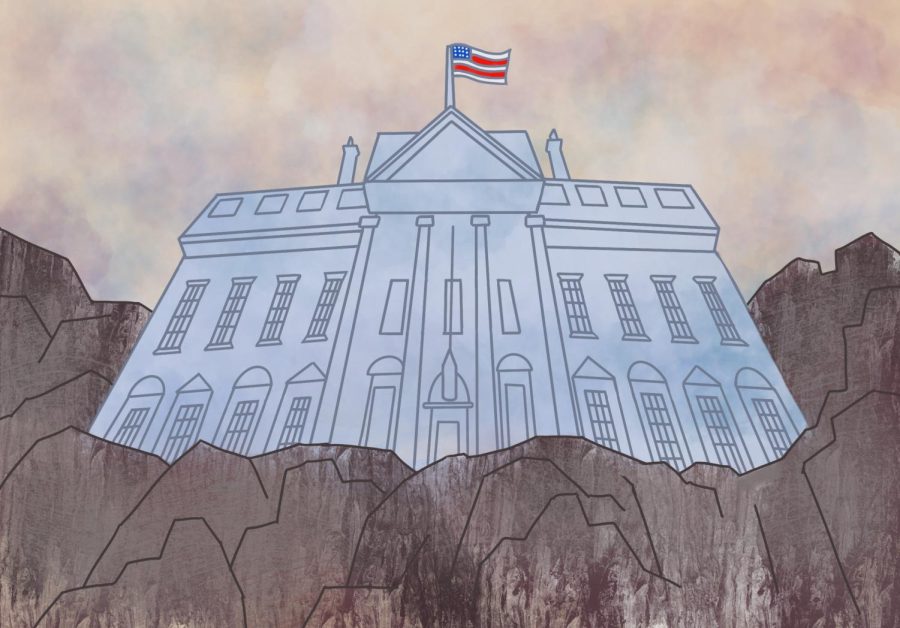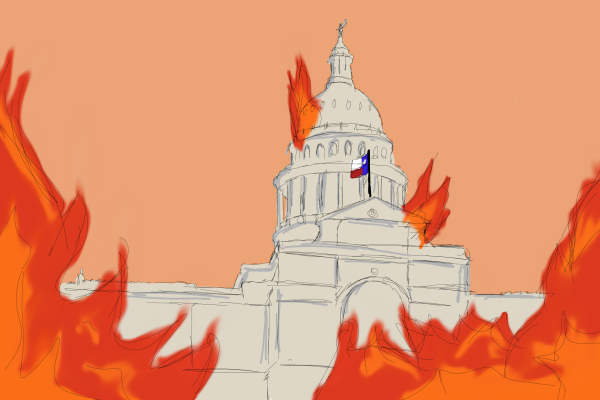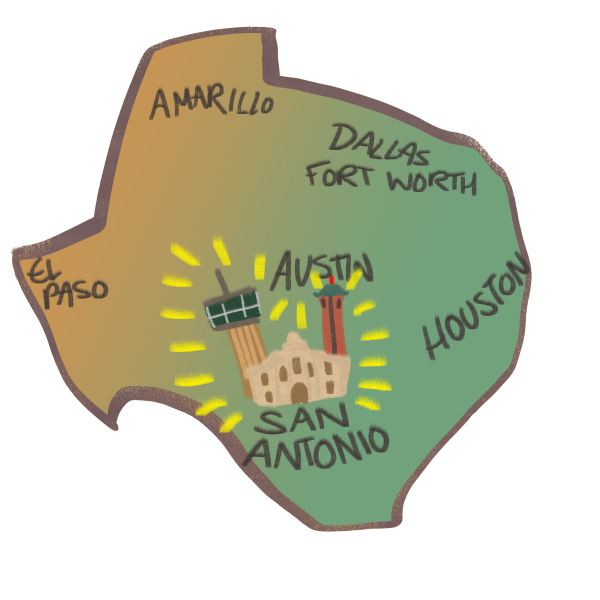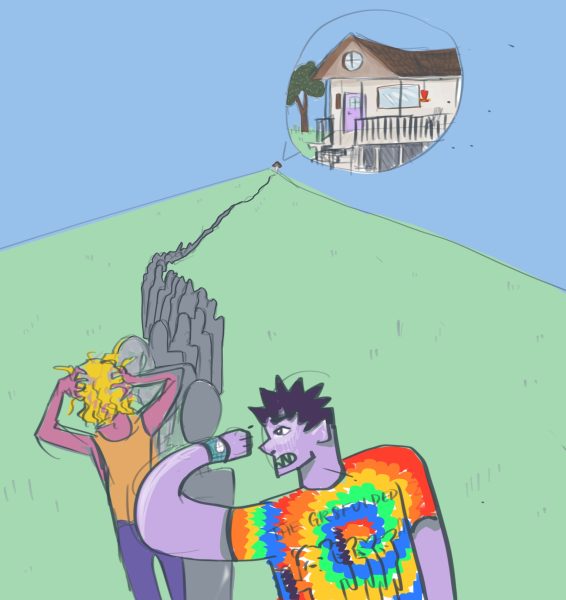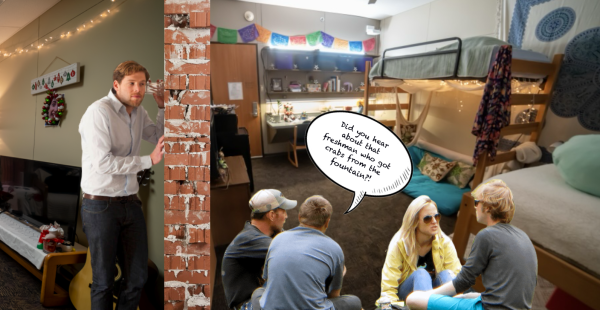Gen Z’s political power on the rise
Last Tuesday, Texas, alongside the rest of the country, held its midterm elections. While myself and many of my peers had hoped and voted for different results, Gov. Greg Abbott is to remain in office. Even at a young age, it is already becoming tiring and uninspiring to participate in the political process and still feel unrepresented in politics. However, looking past the election results and party lines, it is comforting and empowering to see youth civic engagement on the rise as Gen Z garners increasing political power.
In the two years since the last general election in 2020, 8.3 million more young people were eligible to vote. This broadens the Gen Z voting group and increases its diversity, with almost half of these new voters being Black or Latino. Gen Z already tends to vote Democrat by an approximate 28-point margin. This diversity brings even more Democratic voters seeing as a majority of young people of color supported Democratic candidates in recent election cycles. The increasing number of Gen Z voters could heavily influence future elections, even in historically red states such as Texas.
Looking past party lines, arguably the most encouraging result from this election was the impressive youth voter turnout. Generally, midterm elections see about a fifth of eligible young voters turn out. In the 2022 midterms, however, the turnout for voters under the age of 30 was 27%, the second-highest percentage of the past three decades, the highest being in 2018 with 31% of voters under 30. The continued uptick in young voters in midterm elections is extremely promising, especially since, because of lower voter turnout in local elections, a vote holds more power the more local it is.
San Antonio is an extremely important hub for youth civic engagement, as the area is home to 20 universities. The role of these institutions in forming informed, civic-minded constituents cannot be emphasized enough. Bexar County’s early voter turnout for voters under 30 was double Texas’s overall percentage, 8%. Institutions such as Trinity likely played a large hand in this.
University campuses create communities that mimic political processes and nurture civic mindsets. Becoming civically engaged is participating in a community’s dialogue and voicing your values through political processes, not just voting. On campus, students are able to push for change on issues that matter to them through the Student Government Association or by contacting other sources of help like Residential Life or other staff and administration. By participating in campus culture, students become more civic-minded.
Trinity was extremely involved in getting students to participate in this midterm election. Scores of emails were sent about how to register to vote, when to vote and where to vote. Student-led groups, like Trinity Students for Beto and the TU Voter Engagement Task Force, were extremely helpful in getting students registered to vote and to the polls. Professors such as Jonathan Oxley, professor of economics, emphasized to their students the importance of engaging in our democracy through voting simply by providing updates on registration deadlines, voting times and where the closest polling locations were on Election Day.
“Part of a liberal arts education is having a completed, multi-perspective view and developing critical thinking skills,” Oxley said. “It’s not just enough to develop those critical thinking skills and then pontificate on the world by yourself. You need to flip around and go back and engage with your community and engage with people who might not necessarily agree with you, and part of that engagement is voting.”
As more of our generation near the voting age, investment in civic engagement is increasingly important. Standing at the end of this midterm election, looking at the influence and engagement of myself and my peers, I am grateful for institutions like Trinity for equipping their students with the tools necessary to be informed, engaged citizens. From a local to a national level, it is important to realize that we as a generation have a say in our community, even by simply voting.

My name is Rachel Oliver (she/her), and I am a junior economics major and urban studies minor. I am the managing editor, and this is my third year working...
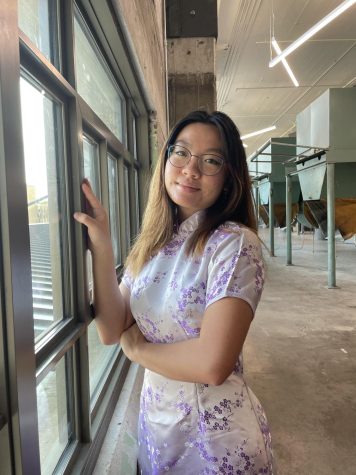
Hi guys! My name is Lily Zeng, and I am a sophomore from Memphis, TN majoring in Urban Studies with an interest in a Spanish major or minor. My favorite...

